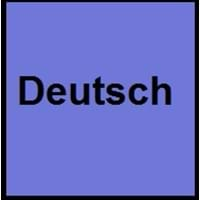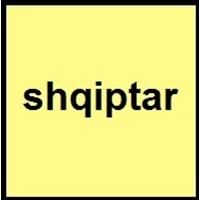German vs Albanian
- One of the large group of Indo-Germanic languages is German.
- The second most popular Germanic language spoken today behind English is German language.
- Albanian Language has adopted words from Latin, Greek, Turkish, Italian and Slavic languages.
- 74% Albanian people are atheist, they never go to church or mosque.
German and Albanian Language History
Comparison of German vs Albanian language history gives us differences between origin of German and Albanian language. History of German language states that this language originated in 6th Century AD whereas history of Albanian language states that this language originated in 1462 AD. Family of the language also forms a part of history of that language. More on language families of these languages can be found out on German and Albanian Language History.
German and Albanian Greetings
People around the world use different languages to interact with each other. Even if we cannot communicate fluently in any language, it will always be beneficial to know about some of the common greetings or phrases from that language. This is where German and Albanian greetings helps you to understand basic phrases in German and Albanian language. German word for "Hello" is hallo or Albanian word for "Thank You" is Ju faleminderit. Find more of such common German Greetings and Albanian Greetings. These greetings will help you to be more confident when conversing with natives that speak these languages.
German vs Albanian Difficulty
The German vs Albanian difficulty level basically depends on the number of German Alphabets and Albanian Alphabets. Also the number of vowels and consonants in the language plays an important role in deciding the difficulty level of that language. The important points to be considered when we compare German and Albanian are the origin, speaking countries, language family, different greetings, speaking population of these languages. Want to know in German and Albanian, which language is harder to learn? Time required to learn German is 30 weeks while to learn Albanian time required is 44 weeks.





